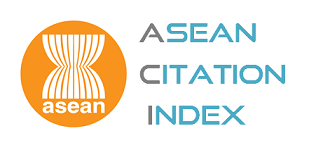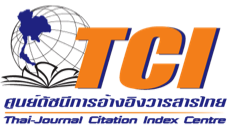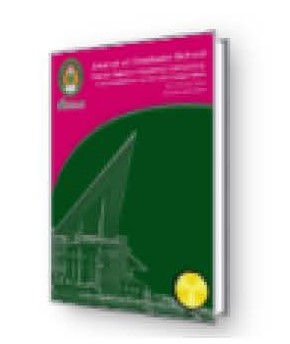TECHNICAL KNOWLEDGE AND POLITICS OF WATER MANAGEMENT DECISION MAKING: A CASE STUDY OF WATER ALLOCATION IN CHONBURI PROVINCE, THAILAND
Keywords:
decision-making, technical knowledge-policy relationship, water allocation, water politics, water resources managementAbstract
Decision-making on water allocation is a complex issue as decision makers need the support of technical knowledge to rationalize their decisions. However, it does not mean that science can provide a complete solution when it has to deal with different needs and concerns about water. Economics, values, politics and other factors also involve in water resources management. Government is usually the one who assesses water availability, plans and makes a decision on how water should be allocated, and ensures wide participation by stakeholder in decision-making. More involvement of stakeholder is very important for effective water policies, more equitable access and sustainable use. On the other hand, it may affect the use of technical knowledge. The study aims to take technical knowledge into consideration identifying what roles have technical and political regimes played in water allocation decision-making. From the eyes of water engineers, they suggest water allocation based on technical knowledge; however, their suggestions may not be the answer in practice. I intend to apply the concept of technical knowledge-policy relationship to identify how water in the case study of Chonburi province in Thailand should be allocated according to technical knowledge, and how water is actually allocated. A single-case study as qualitative research method and multiple methods are employed to collect both primary and secondary data including interviews, direct observations, and documentation. This study helps to bridge the gap between technical knowledge and politics; and gains a deeper understanding of water allocation decision.
Downloads
How to Cite
Issue
Section
License
บทความทุกบทความที่ตีพิมพ์ในวารสารบัณฑิตศึกษา มหาวิทยาลัยราชภัฏสกลนคร ถือว่าเป็นลิขสิทธิ์ของบัณฑิตวิทยาลัย มหาวิทยาลัยราชภัฏสกลนคร









